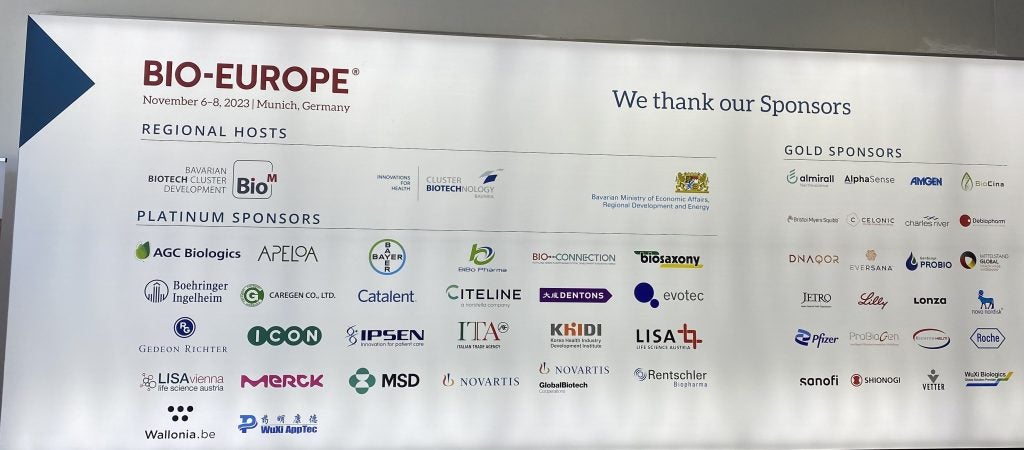Companies need to explore “creative financing” methods to get through clinical trials in this financial climate, says Dr. Jean-Paul Kress, the CEO of the commercial stage oncology company MorphoSys.
In 2021, MorphoSys acquired Constellation Pharmaceuticals in a $1.7 bn deal, gaining its two mid to late-stage therapies, pelabresib (CPI-0610) and CPI-0209, a second-generation EZH2 inhibitor. The former drug is in an ongoing Phase III study (NCT04603495), with the company expecting topline results at the end of 2023.
Kress said that in order to finance this major move, the company had to sell royalties and enter multiple partnerships, especially due to the difficult investment landscape. He emphasized that the acquisition was also necessary as Constellation lacked the funds to transition its pelabresib into Phase III before the deal. Kress was speaking at the ongoing at the ongoing BIO-Europe 2023 conference, where he along with other experts delved into the barriers to dealmaking and tools to push small biotechs to later stages in oncology.
“If you don't have value creation opportunities in your pipeline or in your company, it has become almost impossible [to gain funding],” said Dr. Susanne Schaffert, board director at Novo Holdings, Novo Nordisk’s holding subsidiary. She said that companies can show value in their assets to investors through the regular release of trial data, real-world data and more evidence that their drugs improve disease burden or quality of life for patients.
Kress, said a good method to differentiate a smaller company from others in the market may be the speed at which they pass through clinical trials. He said that faster movement through the stages can aid biotechs to move ahead of larger pharmaceutical companies, but barriers still remain. “CROs will often deprioritize you compared to big pharma,” he said. Kress added that companies reaching later stages for the first time may also lack the commercial expertise needed for a smooth drug launch and clinical trial execution. However, Schaffert recommended that companies also use new artificial intelligence tools (AI) to help with tasks such as site selection.
Despite these challenges, Schaffert said, “Smaller biotechs are the key to innovation in oncology treatment. They bring the creativity that is necessary to move forward in the field”.














